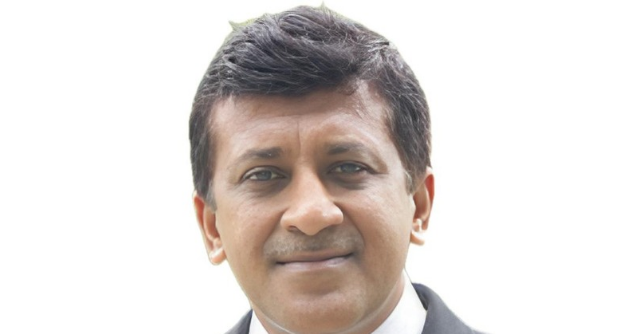
Tenable ropes in ex-Palo Alto Networks exec as MD & Country Manager in India


Cybersecurity firm Tenable has appointed Rajnish Gupta as its Managing Director for India and SAARC. In this role, Gupta will spearhead strategic initiatives, oversee regional operations, and drive the company’s growth, particularly in business and channel activities across the region.
This leadership move comes as Tenable continues to expand its cloud capabilities and its exposure management platform, which helps organisations identify, assess, and address their cyber exposure vulnerabilities.
Gupta holds an MBA in Marketing and Finance from Symbiosis Institute of Management Studies, Pune, and a Diploma in Computer Engineering from SJP Polytechnic, Bengaluru.

Nigel Ng, Senior Vice President for Tenable in the Asia Pacific and Japan region, said, “Gupta’s vast experience across sectors including finance, telecommunications, manufacturing, and the public sector, paired with his deep expertise in cybersecurity, will be pivotal in driving our continued growth in the region.”
Gupta joins Tenable with over 30 years of experience in IT and cybersecurity. He previously served as the India Country Director for the Cortex division at Palo Alto Networks, and before that, was a Senior Director and Cyber Security Leader at Microsoft.
“As attack surfaces continue to grow and evolve, with organisations managing multiple clouds, identities, and interconnected IoT, OT, and IT environments, it’s critical that we help businesses bridge the gap between security and operational risk,” Gupta said.

Last week, Tenable unveiled AI Aware, a new solution aimed at identifying vulnerabilities within artificial intelligence (AI) systems and large language models. This tool enables organisations to detect and manage risks in AI applications, libraries, and plugins, ensuring security without disrupting business operations.
AI Aware is designed to enhance security by identifying both authorised and unauthorised AI software, as well as related vulnerabilities. It leverages a combination of agents, passive network monitoring, dynamic security testing, and scan engines to detect potential risks, including exploitation, data leakage, and unauthorised resource usage, according to the company.
